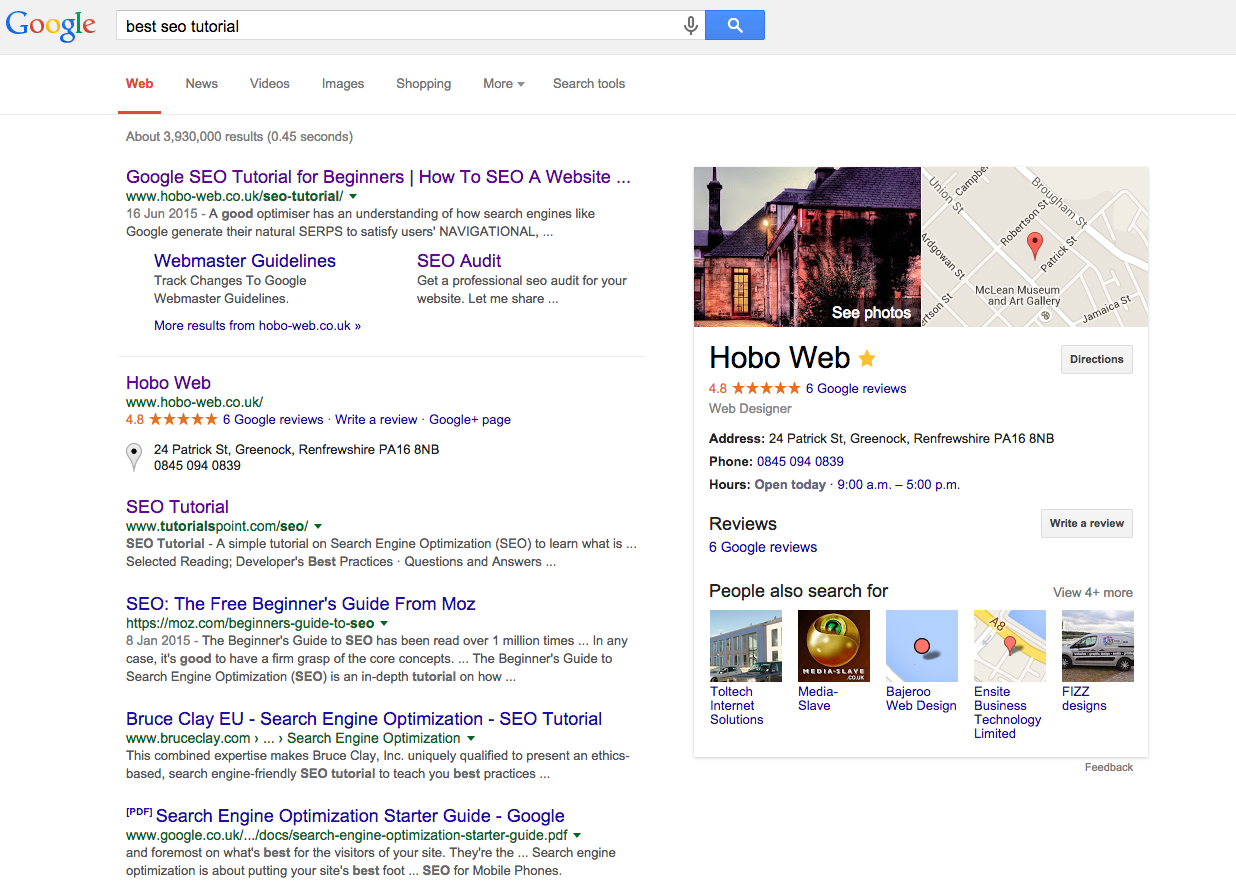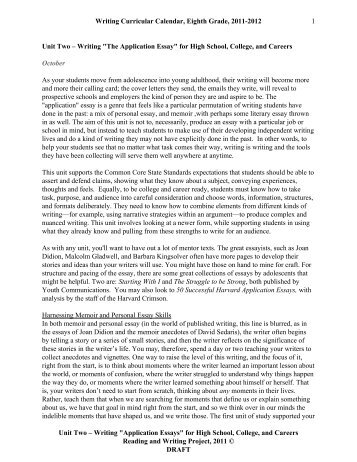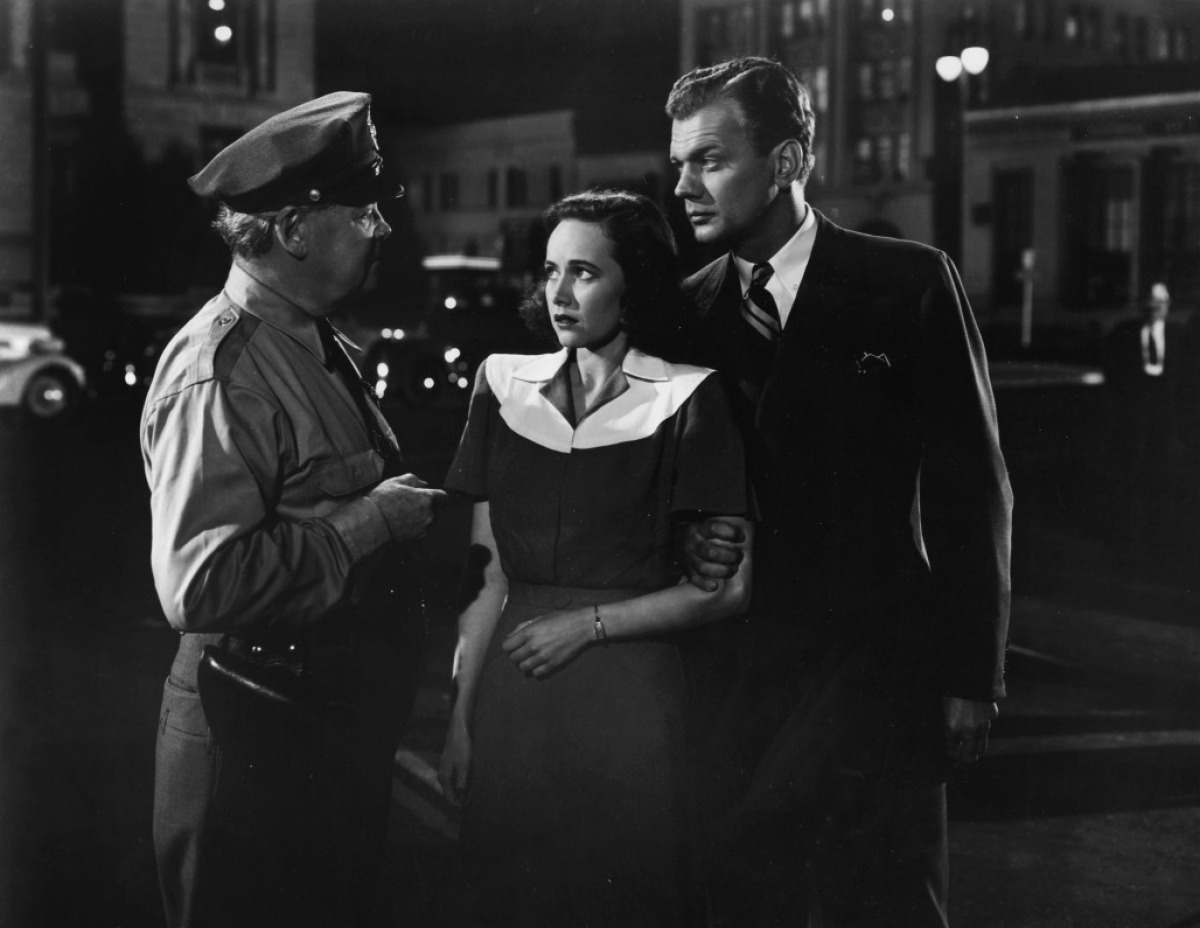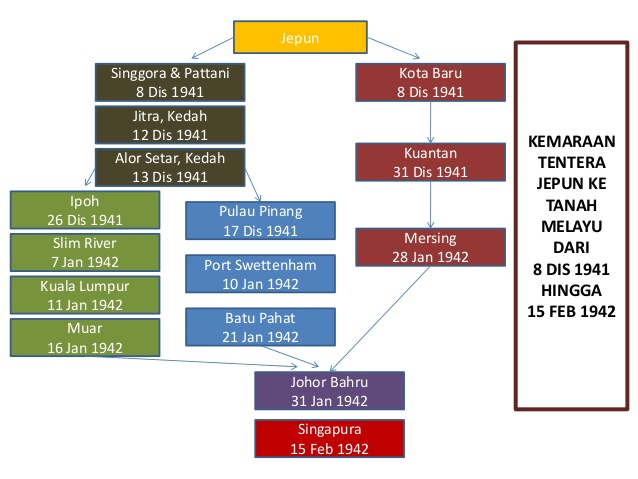Apostrophes with Words Ending in s - Grammar and Punctuation.
Unless it is a plural word that is possessive, you do it like any other word: the bus’s window the boss’s car Thomas’s hat Marcus’s book Jesus’s disciples Now some guidebooks will tell you that for ancient names, use just an apostrophe. I think th.Do you have trouble distinguishing between possessive nouns and plural nouns? Simply put, possessive nouns demonstrate ownership. Read on to learn more!There are two accepted forms for possessive singular nouns (common or proper) ending in s: Add an apostrophe s ('s) after the existing s at the end of the word. Examples: Chris's mother drove me home.
Singular Nouns. Most singular nouns define a possessive relationship by adding an ’s to the end of the word. For example: the girl’s book or Justin’s donut (hands off my donut! Singular common nouns ending in s also define a possessive relationship by adding ’s to the end of the word. For example: the hostess’s station or the witness’s testimony.If a plural noun doesn't end in s, you make the possessive form by adding 's. the children 's hats. There are multiple children. The children own the hats. Learn more about plural nouns. Living Things and Inanimate Objects. We usually use possessive 's when we are talking about living things, such as people, groups of people, and animals.

How to use a possessive apostrophe. An apostrophe can be used to show that one thing belongs to or is connected to something. This is called a possessive apostrophe. Let's take a look at some.










